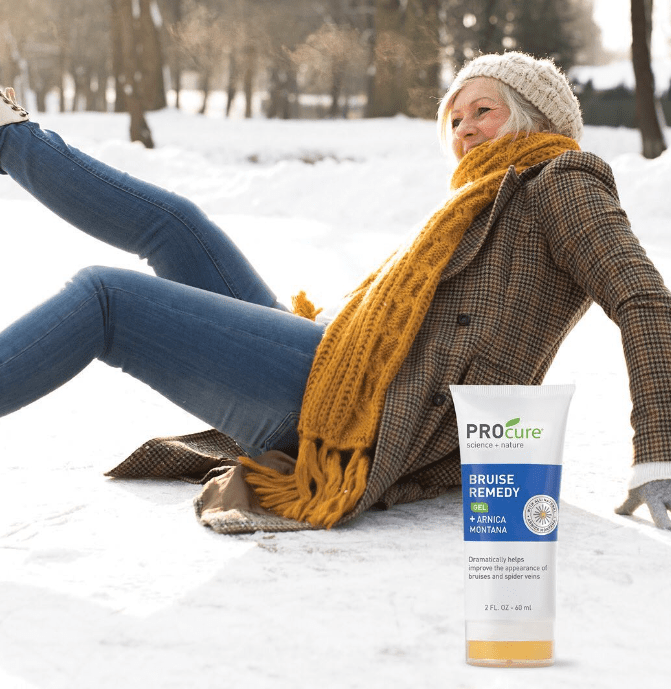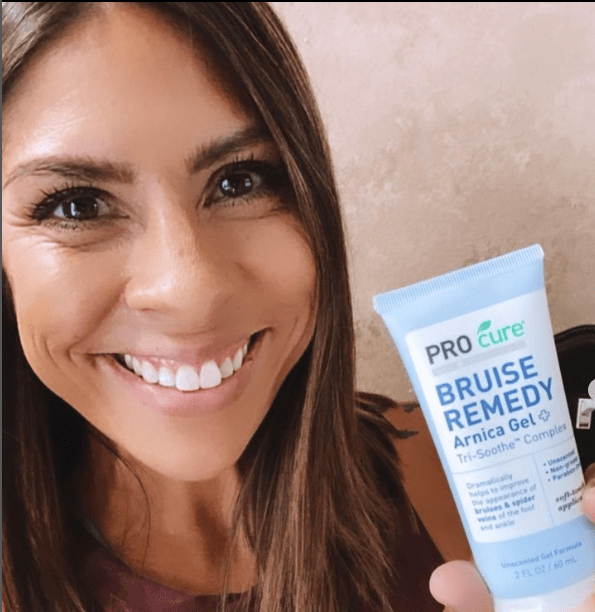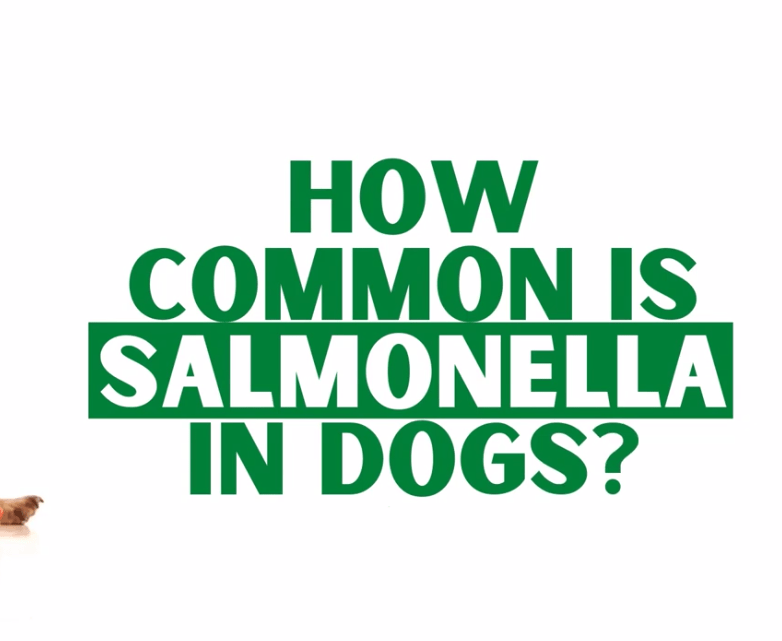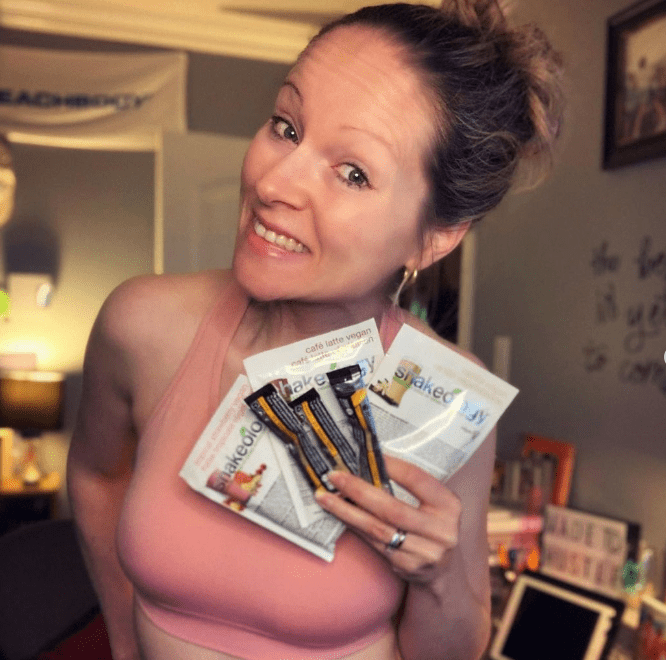Bruise Healing Diet: Anti-Bruise Diet Strategies for Those Who Bruise Frequently, What you eat on a regular basis, or your diet can affect how rapidly your body bruises. Use these anti-bruise diet tips to avoid and treat those unattractive purple markings on your skin. The information on this website is not meant to be a replacement for professional medical, Nutritional, or health advice. Seek medical advice from a trained practitioner whenever possible.

#1: Consume a variety of vitamin K-rich foods
Vitamin K is required for normal blood clotting, and a deficiency has been linked to increased bruising. Anti-bruising elements can be found in broccoli, Brussels sprouts, Swiss chard, asparagus, green beans, kale, and mustard greens, among other green vegetables. Vitamin K can also be produced by certain “friendly bacteria” found in the large intestine. Yogurt, kefir, and sauerkraut, which all include living cultures, can help good bacteria develop in the intestines. A diet high in live-culture foods may be especially beneficial for people who have an imbalance of intestinal flora as a result of antibiotics or an illness that affects the intestines.
#2: Consume Omega-3 Fatty Acids in Moderate Amounts
A growing amount of evidence suggests that omega-3 fatty acids may be useful in lowering the risk of a variety of modern diseases linked to chronic inflammation. This is why many people use omega-3 supplements such as fish oil pills. Overdoing it on omega-3 fatty acids, on the other hand, may result in increased bruising. When you get a bruise, cut, or burn, your body reacts by inflaming the area to prevent further damage to the tissue. As a result, omega-3 fatty acids, as well as other anti-inflammatory foods and nutrients (such as ginger, turmeric, and garlic), might cause significant bruising in certain people.
Increase Vitamin C Intake and Limit Sweet Snacks
Increased intake of vitamin C-rich foods may benefit people who bruise easily nutritionally. According to a study, those who don’t get enough vitamin C (ascorbic acid) in their diet are more likely to get bruises. Vitamin C strengthens microscopic blood vessels, which helps to prevent bruising. People who regularly consume sweets and sugary meals are more likely to be vitamin C deficient. Why? Because their molecular structures are similar, sugar and vitamin C have a hard time getting into cells.
How to Heal a Bruised Bone Naturally Here’s How to Do It!
When a portion of the fibrous tissues inside the bone, called trabeculae, are damaged, a bone bruise develops. When a bone fracture occurs, all of the trabeculae are injured, resulting in a break. A bruised bone nearly always precedes a fracture. Bone bruises are more painful than their skin-based cousins, and they take longer to heal, often lasting months. They can be caused by a variety of things, such as sports injuries, automobile accidents, knocks or twists from falling or other people, arthritis, and so on. It’s a rather common event.
Have you or someone you know ever sprained an ankle?
Yes, I’m going to presume. Bone bruising occurs in 50 percent of people who have sprained ankles. (3) As much as we’d all like to be able to get rid of bruises faster, it’s important to keep in mind that, like broken bones, bruises from bones take time to heal. However, there are a number of natural remedies that can help speed up the healing process and reduce discomfort.

The Most Effective Home Treatments for Bone Bruises
Bone bruising can be managed with nutrition, supplementation, and rest, just like an injured ankle. The following are a few of the most effective home remedies for bone bruises.
Bone Bruises: The Worst Foods and Habits
Alcohol thins the blood in the impact zone, making it difficult for it to heal. Excessive alcohol drinking can cause bone deterioration and calcium loss, among other things. Processed foods — The high sodium content, as well as chemical preservatives and colors, are all factors that contribute to bone bruising. The increased secretion of bone-strengthening calcium through the kidneys is caused by the abnormal amounts of salt found in mass-produced snacks, quick foods, and cured meats.
Inflammation is the polar opposite of what you want for a bone bruise, so avoid processed, refined sugar as much as possible. Sugar, like alcohol, stimulates calcium excretion and even damages cartilage. For the benefit of your bone health and general well-being, you should avoid smoking at all costs. Smoking causes blood vessels to constrict, increasing the risk of a clot. Smoking is harmful to one’s health. Furthermore, it slows the rate at which bones heal.
Foods that are good for you
Vitamin K, which is prevalent in leafy green vegetables, helps blood coagulate properly. Bone bruising has been proven to benefit from vitamin K therapy. Leafy greens also aid in the prevention of infection and the improvement of bone density. There isn’t much that leafy greens can’t help with. Fruit – Vitamin C is a key component in the healing of bruises, and it’s found in abundance in many fruits and vegetables. It promotes collagen production and repairs bone injury. Vitamin C also aids in the recovery of bruises and wounds. Citrus fruits, strawberries, papaya, guava, and kiwi are all high in vitamin C.
Dairy products include a substantial amount of calcium, which is essential for the development of strong bones. Calcium-rich foods like kefir, yogurt, buttermilk, and other cultured dairy products are more easily absorbed. They’re also probiotic foods, so that’s an added bonus. These beneficial bacteria aid in the healing process fight infection and has antiviral properties. (www.theseedpharm.com) Additionally, the synergistic interaction of calcium and protein, both of which are found in dairy, improves calcium absorption.
Dietary Supplements
Lysine is a vital component of bone and wound healing. This amino acid aids in the absorption of calcium in the bones and the regeneration of tissue throughout the healing process. Only foods strong in lysines, such as dairy, wild fish (especially cod and sardines), beans, a range of fermented grains and legumes (including mung beans), parmesan cheese, and eggs, can provide this amino acid.
Boron – One of the most underappreciated boron applications is its ability to improve bone health. Boron is a trace mineral that helps treat and prevent osteoporosis and arthritis by forming bones in conjunction with calcium. It’s also been discovered to help the body fight blood clotting while it heals from sprains, bruises, and fractures. Bromelain, found in pineapple and papaya, is a protein-assimilating enzyme. It also aids in the reduction of body inflammation. Bromelain has bone-healing qualities, so take 500 to 2,000 milligrams twice a day.
An Overview of Bone Bruises-Related Concepts
Bone bruises are more severe than regular bruises, and they take longer to heal. Therapeutic herbs and essential oils, as well as dietary modifications, rest, and supplementation, can all aid in the natural speeding up of the healing process. There are a variety of other approaches that can be used to help treat and heal the symptoms of bone bruising. As long as you’re patient, you should be able to heal from the contusion quite quickly. In a situation like this, keep in mind that time is the most important treatment. There are a few things you can and should do when time is ticking away.




